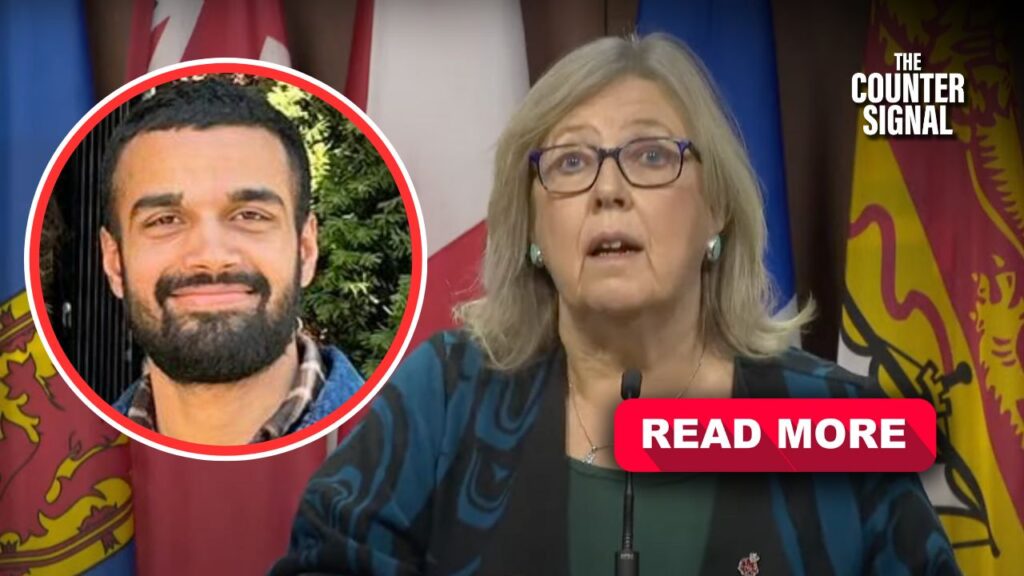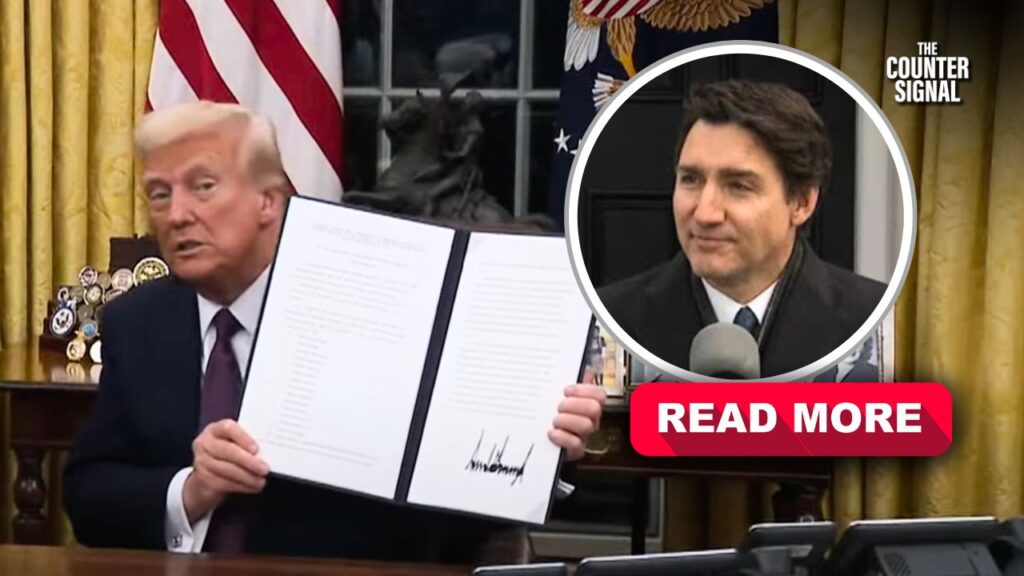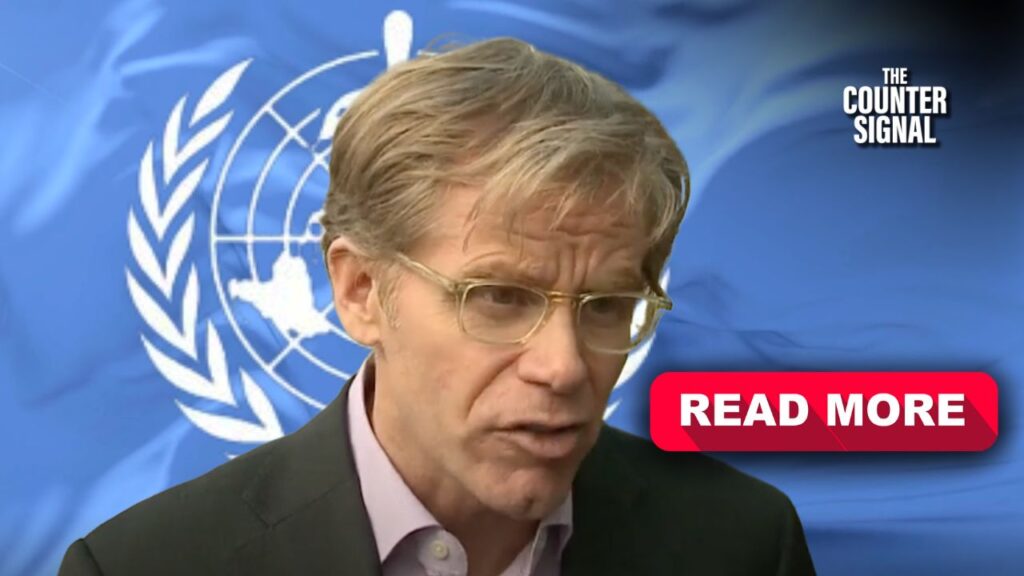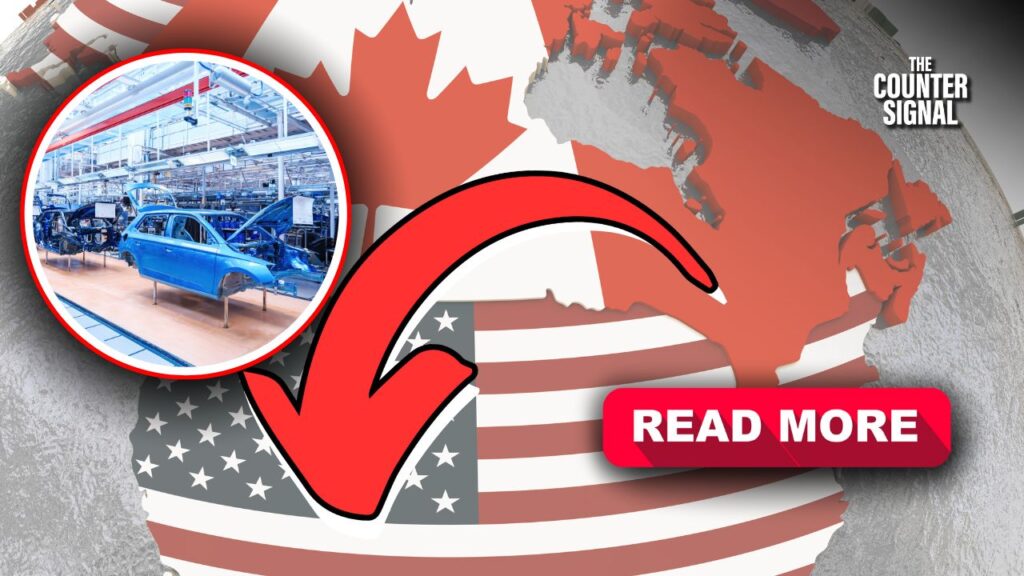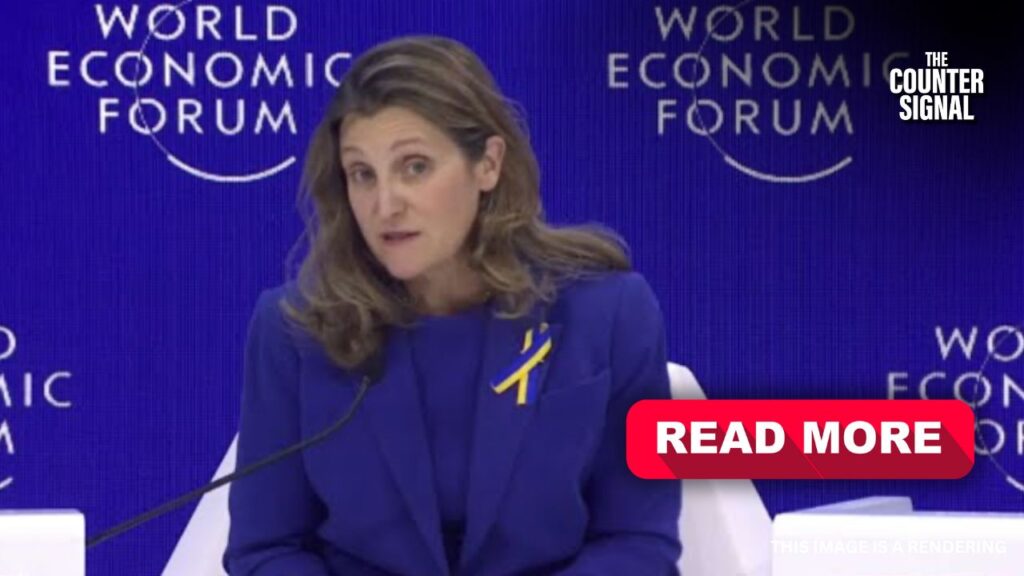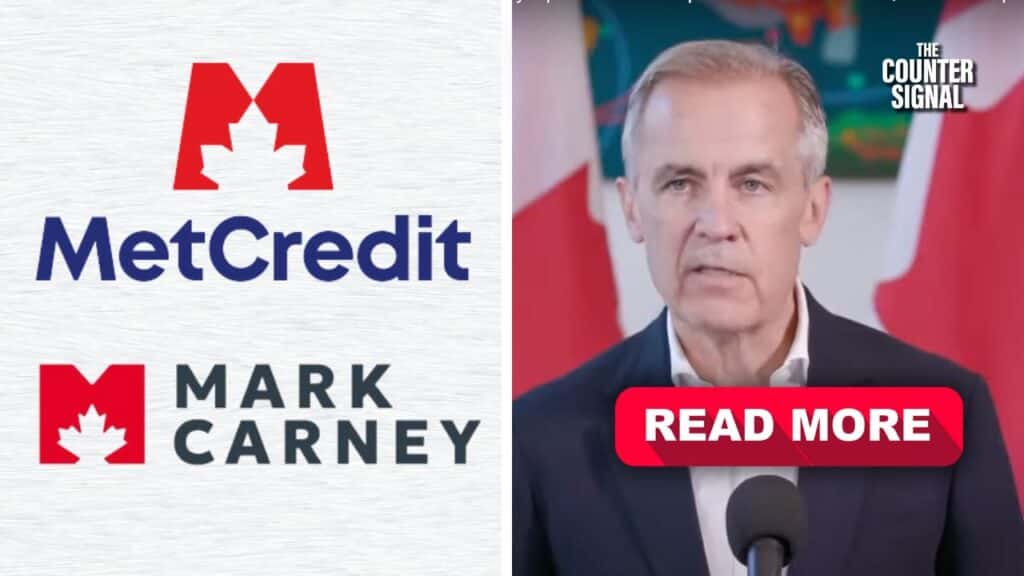Climate Change Minister Steven Guilbeault, the man who determines Canada’s environmental policies while balancing economic needs, said on Monday that he’s not an expert on the very market that he’s regulating the most.
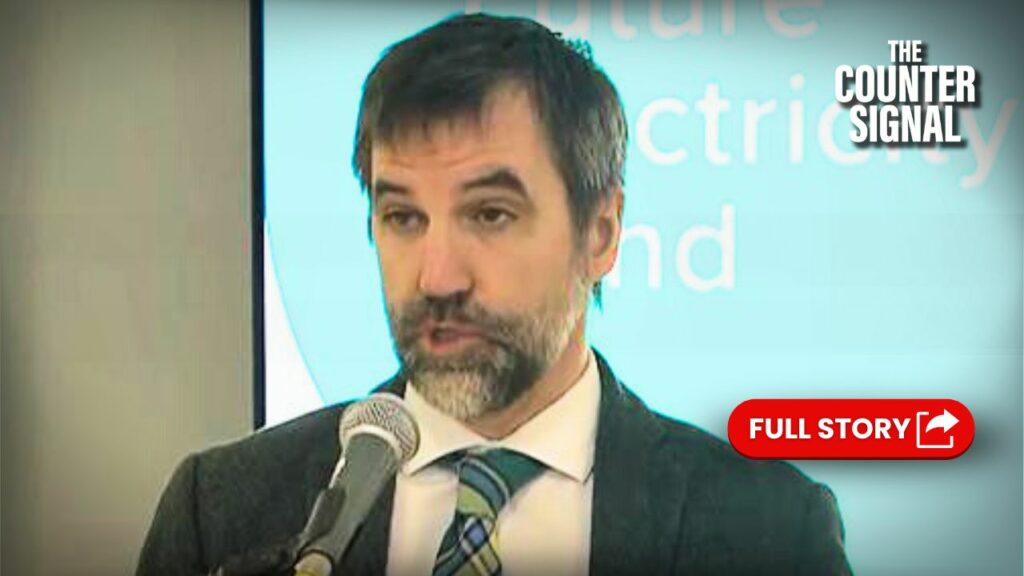
After a reporter asked the minister for comment on New Brunswick Premier Blaine Higgs’ claim that Irving Oil’s possible sale is related to his environmental agenda, Guilbeault responded: “I can’t really comment, I’m not an expert on oil markets.”
The minister further said that the future of the refinery will require investment in decarbonization, “which is exactly what our government is doing through a number of different initiatives.”
Irving Oil is Canada’s largest refinery, and employs about 4,000 people in Premier Blaine’s province. The New Brunswick refinery processes 320,000 barrels a day.
Two weeks ago, the private company announced that their president, Ian Whitcomb, was resigning. An ongoing strategic review taking place among Irving Oil executives could lead to a full or partial sale, the group announced last year.
Premier Higgs later claimed the potential sale was related to Guilbeault’s federal carbon tax and clean fuel standards.
Guilbeault wants to partner with Irving Oil
Guilbeault was also asked on Monday if he thinks Irving Oil has a future in Canada in ten or twenty years.
“I think clearly we will still need to be using fuels but we will be using different types of fuels,” he said.
“I spoke about hydrogen, we can talk about different types of alternative fuels that are being produced,” he added.
The Climate Change Minister also said “The government wants to be a partner with [Irving Oil] to make that transition.”
Carbon tax set to raise
As the federal carbon tax is set to rise next month, a significant portion of Canadians are opposed to the increase, according to recent polling.
On April 1, the Trudeau Government’s tax on carbon pollution will go up by $15 per tonne, aiming to escalate annually until 2030.
Arguing that the carbon tax will cut emissions and foster innovation, the Liberal’s upcoming increase translates to an added 17 cents per litre on gasoline, 21 cents per litre on diesel, and 15 cents per cubic metre of natural gas.

